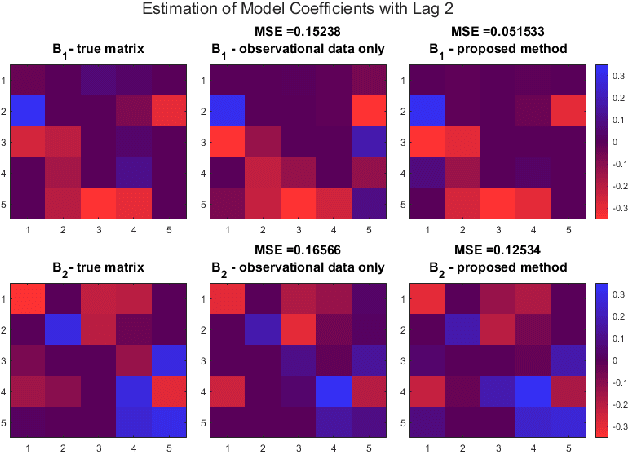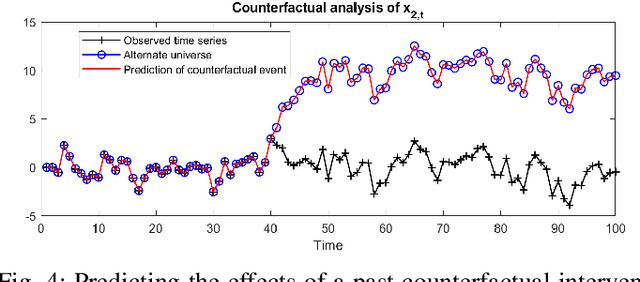Marija Iloska
Fusion of Information in Multiple Particle Filtering in the Presence of Unknown Static Parameters
Oct 31, 2024


Abstract:An important and often overlooked aspect of particle filtering methods is the estimation of unknown static parameters. A simple approach for addressing this problem is to augment the unknown static parameters as auxiliary states that are jointly estimated with the time-varying parameters of interest. This can be impractical, especially when the system of interest is high-dimensional. Multiple particle filtering (MPF) methods were introduced to try to overcome the curse of dimensionality by using a divide and conquer approach, where the vector of unknowns is partitioned into a set of subvectors, each estimated by a separate particle filter. Each particle filter weighs its own particles by using predictions and estimates communicated from the other filters. Currently, there is no principled way to implement MPF methods where the particle filters share unknown parameters or states. In this work, we propose a fusion strategy to allow for the sharing of unknown static parameters in the MPF setting. Specifically, we study the systems which are separable in states and observations. It is proved that optimal Bayesian fusion can be obtained for state-space models with non-interacting states and observations. Simulations are performed to show that MPF with fusion strategy can provide more accurate estimates within fewer time steps comparing to existing algorithms.
On Counterfactual Interventions in Vector Autoregressive Models
Jun 27, 2024



Abstract:Counterfactual reasoning allows us to explore hypothetical scenarios in order to explain the impacts of our decisions. However, addressing such inquires is impossible without establishing the appropriate mathematical framework. In this work, we introduce the problem of counterfactual reasoning in the context of vector autoregressive (VAR) processes. We also formulate the inference of a causal model as a joint regression task where for inference we use both data with and without interventions. After learning the model, we exploit linearity of the VAR model to make exact predictions about the effects of counterfactual interventions. Furthermore, we quantify the total causal effects of past counterfactual interventions. The source code for this project is freely available at https://github.com/KurtButler/counterfactual_interventions.
 Add to Chrome
Add to Chrome Add to Firefox
Add to Firefox Add to Edge
Add to Edge